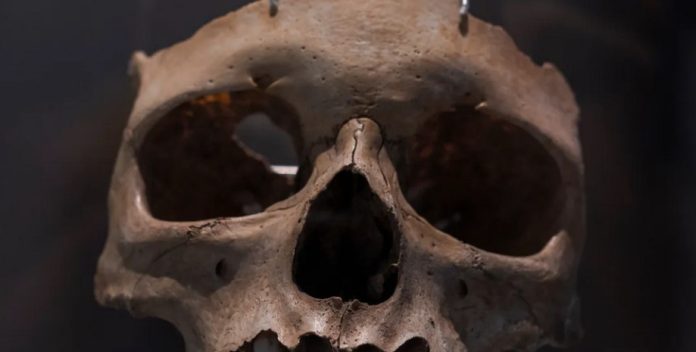Scientists have found new evidence that ancient people who lived 18,000 years ago ate not only human meat but also brains. The study published in Scientific Reports, indicates that cannibalism could be widespread in people of that period.
The researchers' team analyzed the remains of people found in a cave in Poland, where bones belonging to the representatives of the Madelene culture that existed in the Late Paleolithic were found. In preliminary studies in the 1990s, these remains revealed damage to cannibalism, but this hypothesis was rejected. However, new methods of research and use of the latest technologies have revealed more evidence of cannibalism. Scientists have found that there are traces on the bones and turtles that were deliberately applied by humans, and not resulted from natural processes. Among the damage were cuts, bone fractures and signs of brain removal, which indicates the preparation of the body for consumption. At the same time, the brain and bone marrow, which were considered the most nutritious parts of the body, were especially often treated.
The authors of the study suggest that cannibalism could be associated with difficult living conditions, such as food shortages, funeral customs or practice eating enemies to achieve superiority. It could also be due to the increase in the population after the last glacial maximum, which led to an increase in competition for food and conflict. Currently, scientists have evidence of cannibalism in five other places in Europe belonging to the same period. This suggests that cannibalism could be part of the culture of ancient people.


